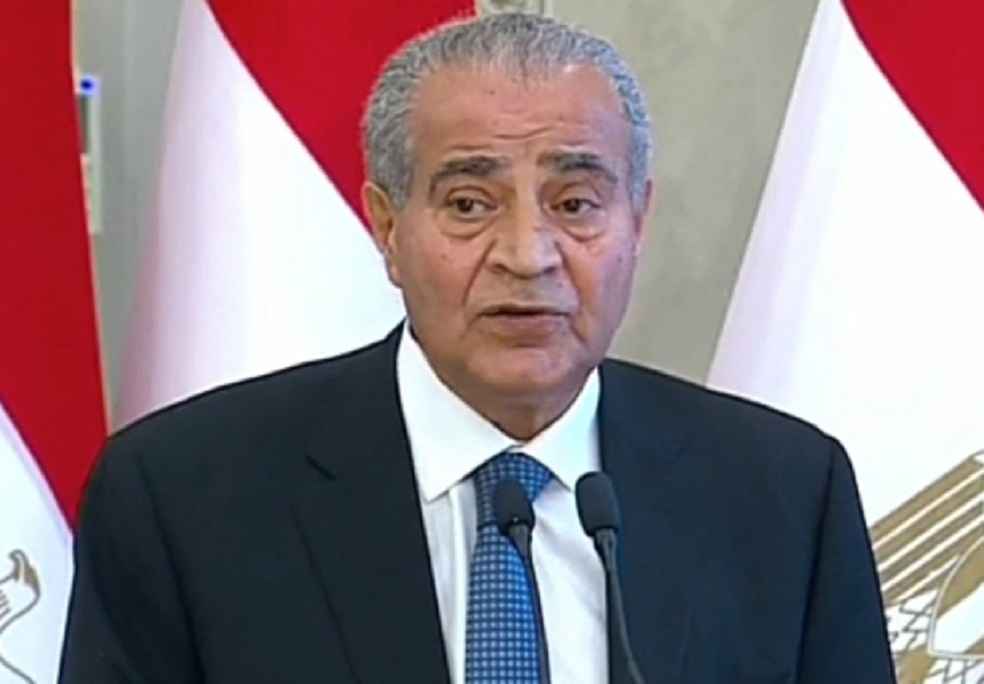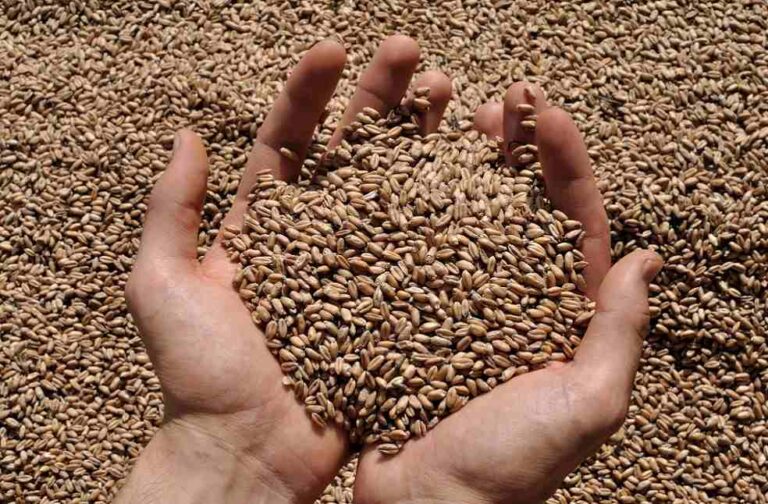Egypt embarks on an ambitious endeavor targeting the procurement of 3.5 million tonnes of domestically produced wheat for the 2024 season, disclosed by Ali Al Moselhy, Minister for Supply and Internal Trade. This plan forms part of a broader strategic framework aimed at elevating domestic wheat production to 53%, a significant leap from 45% in 2021, with corn production anticipated to reach 56% by the 2025/2026 cycle, as cited by Egypt Today in discussions with Hala Al-Saeed, Minister of Planning.
This governmental directive emerges as a critical move with Egypt seeking to diminish its reliance on international wheat supplies amidst escalating global prices and pressing local economic challenges. Such an initiative transcends mere economic strategy, evolving into a crucial survival mechanism, given wheat’s integral role in the Egyptian sustenance matrix, especially for the 70 million individuals dependent on government-subsidized bread.

To stimulate local agricultural engagement and elevate wheat output, the Egyptian Cabinet has augmented the local wheat procurement price to 1,600 Egyptian pounds per ardeb (approximately 150kg), a strategic adjustment reflective of the prior year’s procurement of 3.8 million tonnes. This price modification arrives at an opportune moment, particularly in light of the soaring global wheat prices instigated by the enduring conflict between Russia and Ukraine, Egypt’s foremost wheat providers.
Compounding economic adversities include surging inflation rates, a pronounced contraction in the non-oil private sector business activity, and significant declines in Suez Canal revenue due to perturbations in Red Sea shipping channels. These challenges underscore the imperative for bolstering local agricultural production and exports, which evidenced a promising surge with $1.5 billion in agricultural exports during 2024’s initial quarter.

Global support remains pivotal to Egypt’s economic revival and stabilization endeavors. The International Monetary Fund (IMF) has sanctioned an $8 billion loan package, sanctioning an immediate $820 million disbursement to fortify the nation’s fiscal foundation. This augmented loan arrangement, enriching a previously established Extended Fund Facility by $5 billion, emerges as a critical lifeline for Egypt as it navigates the compounded fiscal ramifications of regional conflicts and global economic tensions.
Egypt’s strategic initiatives aimed at agricultural self-sufficiency, combined with international financial backing, are crucial to the nation’s blueprint for economic stabilization and growth. As Egypt confronts global supply chain disruptions, currency depreciation, and fiscal downturns, these efforts symbolize a hopeful march towards resilience and autonomy in a globally challenging landscape.
TRADE WORLD | India Must Be Ready to Reform Trade Policy; Experts



